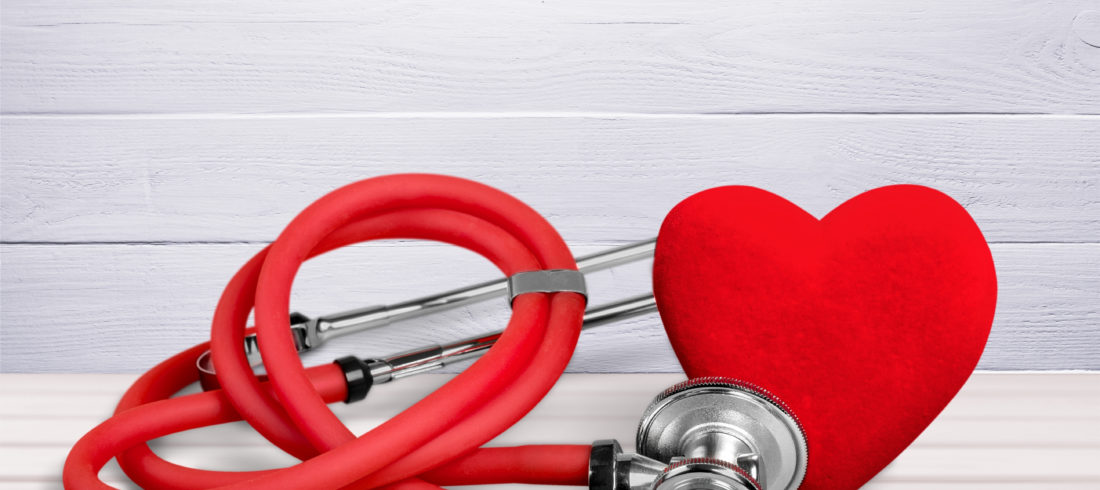The heart is, above all else, a pump, says Dr. Davide Michael DeBellis of our Internal Medicine Division. “It beats, on average, 72 times a minute everyday of our lives, and it does so regularly, silently and without complaint.” Like any pump, he says, it needs to be primed to work well, and for the heart, the most important primer is water. That is especially important to remember now, in the warm summer months.
“The most common way to cause heart trouble is by failing to adequately hydrate during hot weather, when perspiration contributes to fluid loss,” he says. “A minimum intake of two liters of fluid a day is necessary to keep the heart pumping properly,” he says.
Eating a heavy meal also may strain the heart in hot weather. Blood is needed for digestion. “When enough blood is diverted away from regular circulation, blood pressure drops,” he says. “If you must have that big meal, try not to do it outdoors in the heat.”
Patients with underlying health conditions such as chronic edema (swelling) need to take further precautions. These patients may be on diuretics to remove fluid, but that can put a strain on the heart in summer. “If you start the day already slightly dehydrated, hot weather will only make things worse,” he says. One solution is the use of compression stockings to help keep blood circulating. “I have been told many times that nobody likes to wear compression stockings in hot weather, that they are too hot or difficult to coordinate with a colorful outfit,” he says. “My response is usually this: What is worse—a little discomfort or a trip to the emergency room?”
Elderly patients are most at risk for heat-related complications. “The best thing to do during extremely hot weather is to stay indoors,” he advises. And, as with everyone else, they should stay well hydrated all summer long.

